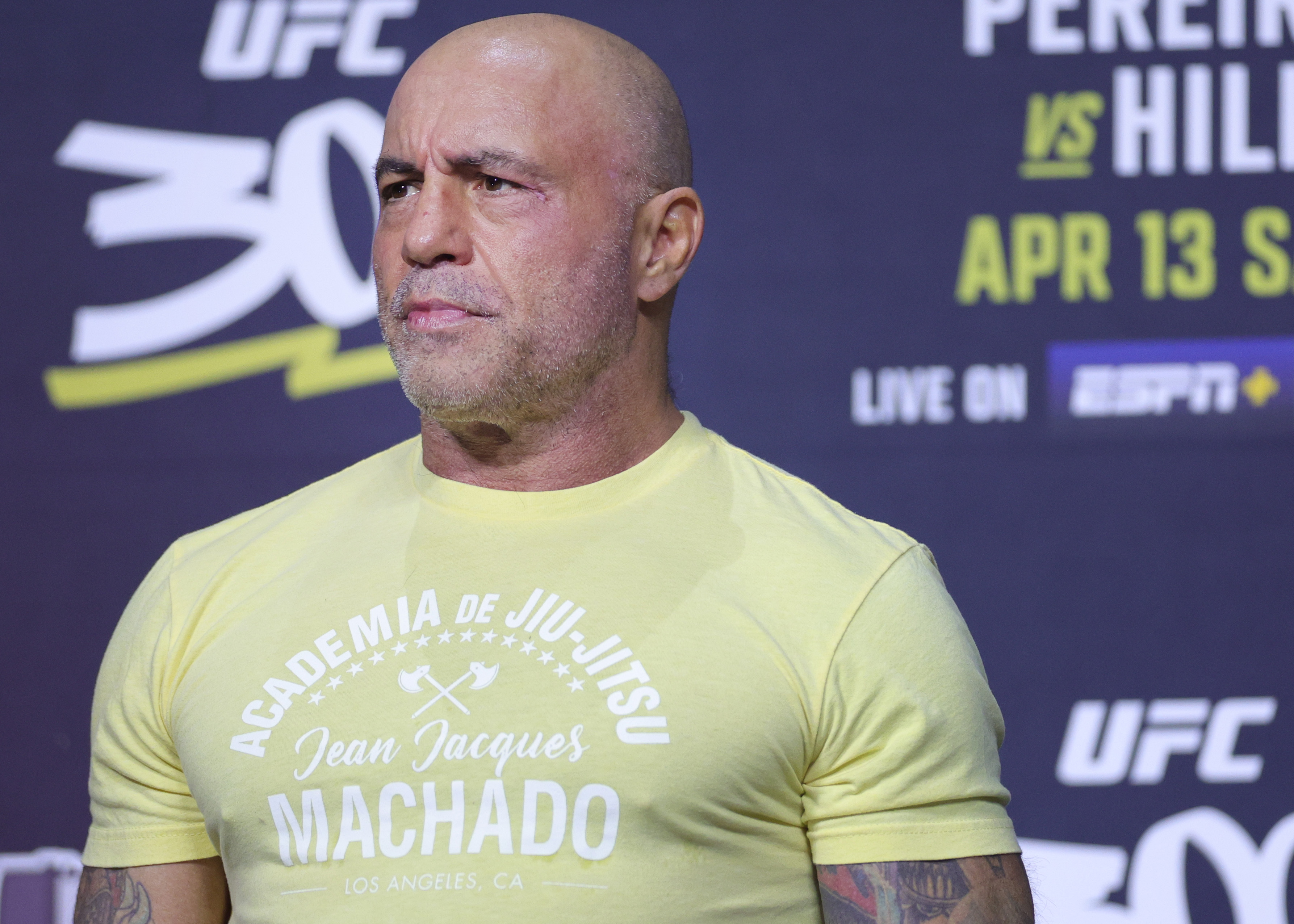Parents in New Hampshire are seeking to challenge a ban on "XX" wristbands, representing female chromosomes, amid an ongoing row involving transgender individuals in sports.
Two fathers in New Hampshire testified in federal court on Thursday defending their decision to wear the pink wristbands at a school district event. The men argued that their actions were not intended to harass or single out a transgender soccer player present at the game they attended.
The judge presiding over the case hinted that the affect of the parents' message might carry greater significance than their stated intentions.
Barred From School Property
Kyle Fellers and Anthony Foote filed a lawsuit against the Bow school district after being barred from school property for wearing pink "XX" wristbands during their daughters' soccer game in September. While the no-trespass orders have since expired, a judge is now considering whether the two men can wear the wristbands and display signs at upcoming school events—including basketball games, swim meets, and a music concert—while the case moves forward.
At Thursday's hearing, Fellers and Foote testified that their decision to wear the wristbands was not intended as a protest against Parker Tirrell, a transgender girl on the opposing soccer team. Instead, they described it as a gesture of support for their daughters and their teammates. However, U.S. District Court Judge Steven McAuliffe questioned whether their intentions held significance and if there was a meaningful distinction between their actions and how they were perceived.
How Did the Judge React?
"Sometimes the message you think you're sending might not be the message that is being sent," the judge said.
Judge McAuliffe pressed Foote on whether he had considered that a transgender individual might perceive the pink "XX" wristbands as an effort to undermine their identity.
Judge McAuliffe pointed out that while both plaintiffs claimed to have no objections to transgender individuals beyond the context of sports, they consistently referred to the athlete at the center of the controversy as "a boy."
"You seem to go out of your way to suggest there's no such thing as a trans girl," the judge said.
Foote pushed back, likening the effort to correctly refer to transgender individuals to "learning a new language."

Transgender Sports Row
In a separate hearing Thursday, a different judge considered a lawsuit filed by Parker Tirrell and another student challenging New Hampshire's law barring transgender athletes in grades 5 through 12 from participating on teams matching their gender identity. The law mandates schools to classify teams as girls, boys, or coed, with eligibility determined by birth certificates or other documentation.
Earlier this year, U.S. District Court Chief Judge Landya McCafferty ruled that two transgender students could participate on girls' school sports teams while their lawsuit proceeds. The decision, limited to these two individuals for the moment, challenges New Hampshire's Fairness in Women's Sports Act.
New Hampshire Governor Chris Sununu, who signed the Fairness in Women's Sports Act into law in July, has defended the legislation, saying it "ensures fairness and safety in women's sports by maintaining integrity and competitive balance in athletic competitions." Similar laws have been enacted in roughly half of U.S. states.
This article includes reporting from The Associated Press




















 English (US) ·
English (US) ·